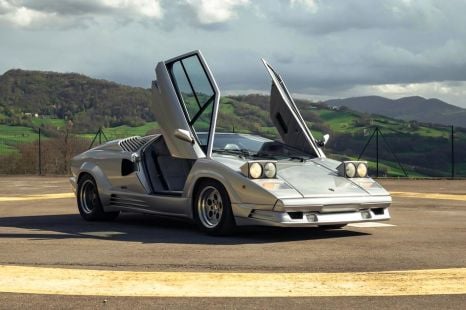

Anthony Crawford
1990 Lamborghini Countach review
6 Days Ago

Journalist
Volvo has something to moo about: the Swedish automaker is moving away from cow-based leather.
All new fully electric models will be offered exclusively with non-leather and faux leather interior trim.
The first car to benefit from the transition to animal-free leather is the C40 Recharge ‘coupe’ crossover.
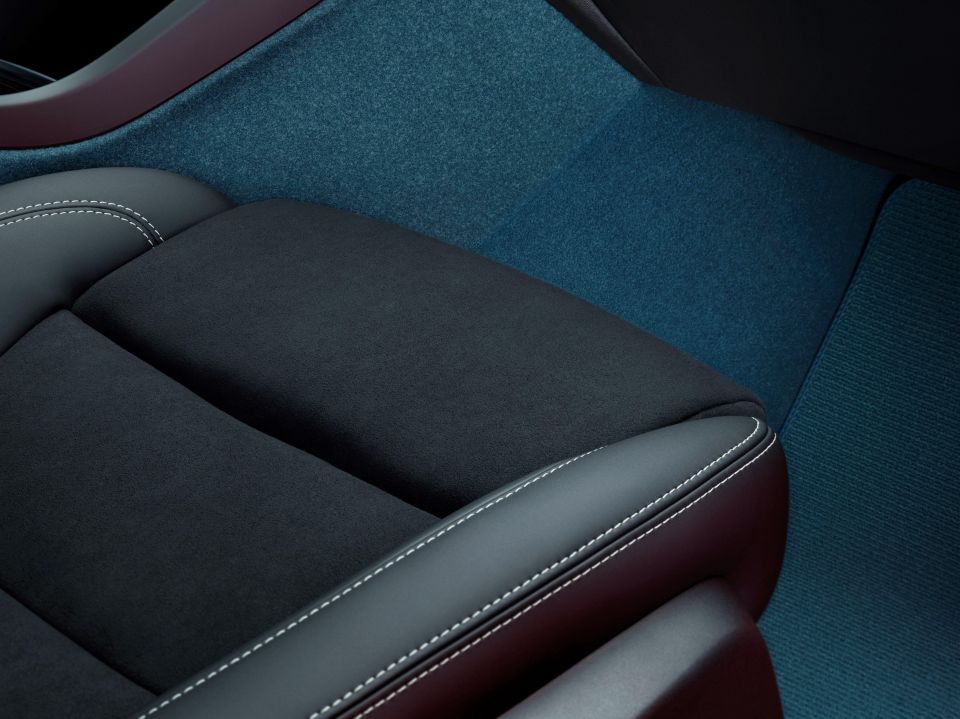
Instead of real leather, Volvo will offer new leather-like options made from bio-based and recycled materials.
An example is Nordico, a Volvo-developed material made from recycled PET bottles, bio material from sustainable Scandinavian forests, and recycled wine corks.
Nordico will be offered in Volvo’s next generation of vehicles, probably starting with third-generation XC90.
The automaker will also offer wool-blend options from suppliers who are “certified to source responsibly”.
Volvo will also reduce the use of residual livestock products in the production of plastic, rubber, adhesives and lubricants, but didn’t provide any goals in this regard.
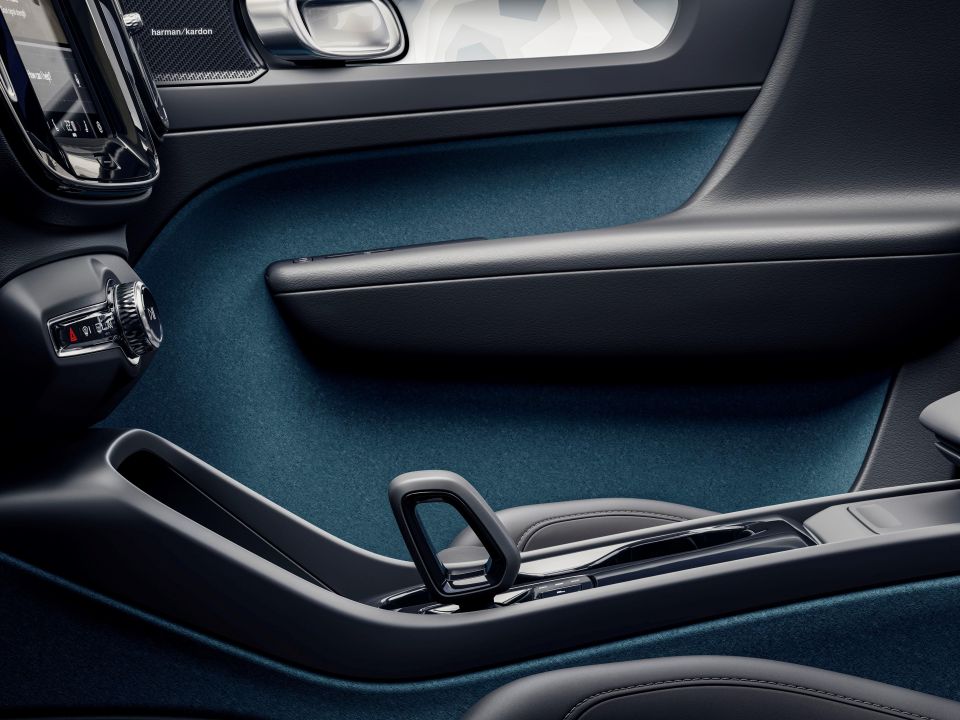
According to Volvo, the shift away from cow-based leather is “driven by a concern about the negative environmental impacts of cattle farming, including deforestation”.
The automaker says 14 per cent of the world’s greenhouse gas emissions come from the livestock industry, primarily cattle.
The shift towards faux leather is part of Volvo’s push to become more sustainable.
Earlier this year it announced it will shift to a completely EV model range by 2030. If this comes to pass, Volvo will be the first high-volume brand to make the transition.
It’s also aiming to become a fully circular business by 2040. Interim goals include a 100 per cent renewable energy target for all direct suppliers by 2025, and having 25 per cent of material in new cars come from recycled or bio-based materials by 2025.
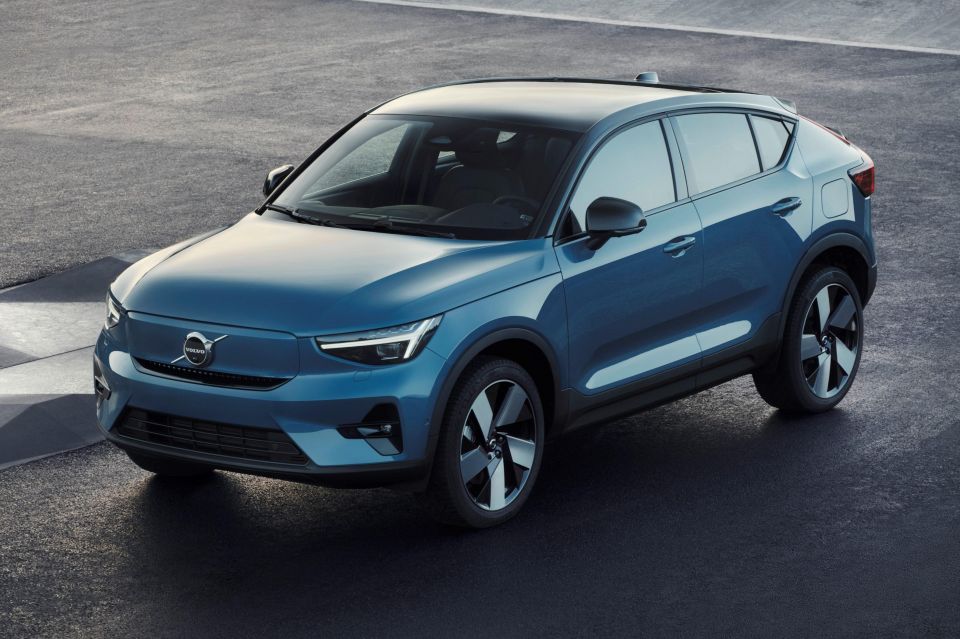
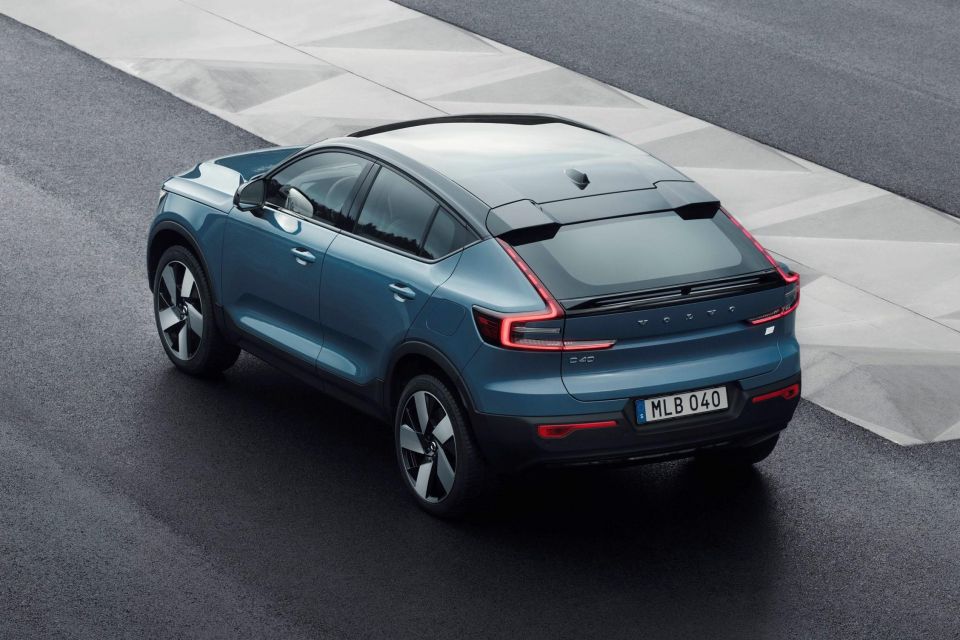
“Being a progressive car maker means we need to address all areas of sustainability, not just CO2 emissions,” Stuart Templar, Volvo’s head of sustainability, said in a prepared statement.
“Responsible sourcing is an important part of that work, including respect for animal welfare.
“Finding products and materials that support animal welfare will be challenging, but that is no reason to avoid this important issue.”
MORE: Leather-free interiors: What are my options? MORE: Volvo going fully electric by 2030, will only sell online
Where expert car reviews meet expert car buying – CarExpert gives you trusted advice, personalised service and real savings on your next new car.
Derek Fung would love to tell you about his multiple degrees, but he's too busy writing up some news right now. In his spare time Derek loves chasing automotive rabbits down the hole. Based in New York, New York, Derek loves to travel and is very much a window not an aisle person.


Anthony Crawford
6 Days Ago


Matt Campbell
5 Days Ago


James Wong
4 Days Ago


Max Davies
2 Days Ago
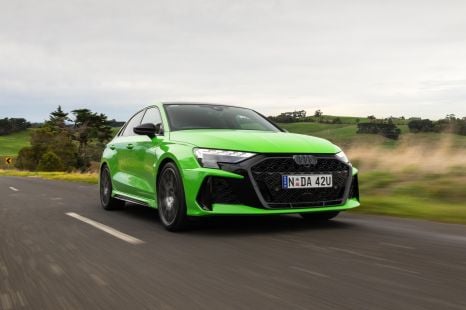

Josh Nevett
1 Day Ago
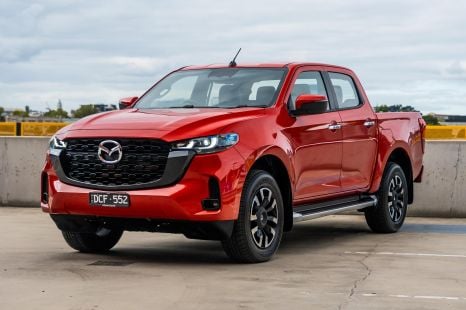

Josh Nevett
15 Hours Ago